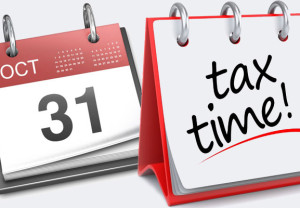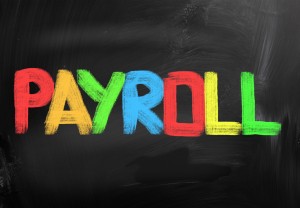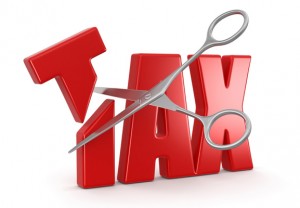“Beware of little expenses. A small leak will sink a great ship.” — Benjamin Franklin
Why improve your finances?
Money might not be the most important thing in life, but it is closely linked to your overall happiness and quality of life. Lack of money is a major cause of stress and frustration for many, so improve your financial outlook for 2016 with our 5 simple techniques and see what a difference it can make to your life and improve finances in 2016.
Many people struggle financially and money is an emotionally charged subject as it directly impacts upon our standard of living. For some people, having money means having more time, freedom, less cares and worries. They’re also able to do things that other people simply can’t afford.
Whatever emotional shape money takes on, it’s clear that our financial worlds can often be in a state of disarray. For one reason or another, we can feel like we have no control over money. We can feel imprisoned by debt and shackled by obligation, and often there is little or no money left over as the end of the month approaches. Here are 5 proven ways to improve finances in 2016:
1. Set clear financial goals
One of the best ways that you can improve finances in 2016 is to set clearly defined financial goals. Your goals shouldn’t simply be to have or make more money; they need to be specific and measurable. You should set your goals for the short term and the long term.
Write them down with real dollar amounts and set completion dates, then look at your income and expenses to work out how you are going to achieve them. It’s also important to be realistic – it may seem fine now to think you’ll live on beans and toast for the next 12 months, but it’s just not going to happen! Failure will cause disappointment, so allowing for a little ‘fun’ money so you can still enjoy yourself is a realistic and sustainable way to set goals.
2. Create financial milestones
Set small goals you can reach whilst progressing towards your big goal. If you want to be debt free, start with your largest debt first (perhaps your credit card debt), then celebrate when you have achieved the milestone of paying it off. Then move on to the next debt. This makes it easier to stay motivated because you can see your progress. When we don’t break things down into milestones, it’s easy to become distracted, procrastinate and lose motivation.
3. Track all expenses
We often lose sight of our spending simply because we fail to track the money going out every single day, making it easier to overspend. Keep a spreadsheet or a notebook and write down all your expenses. This means that every single thing you spend money on in a day must be recorded, without fail.
Commit to doing this for 90 days, then sit down and review your expenditure to identify unnecessary items. That extra coffee here or lunch there can soon add up. These are easy things to cut out and can make a huge difference to your finances and help improve finances in 2016.
4. Immediately open bills
One way to improve your finances over time is to open all of your bills immediately after receiving them. This goes hand in hand with tracking all expenses. When you receive your bills make a note of them, the amount, when they are due, etc. It may also be worth considering whether you can do anything to reduce them. Could you get a better deal on your mortgage? Could you change electricity providers and save?
5. Prioritise debt repayments
One of the biggest obstacles to making financial headway is the overwhelming debt that most people face. When you’re faced with growing debt, it’s hard to concentrate on anything else. How can you expect to get ahead when all you can see is mounting debt in front of your eyes?
Start by prioritising your debts. Choose the highest interest credit card debt that you have and double the minimum payments, if possible, until it’s paid off. Then deal with the next highest interest credit card debt, and so on.
If your goal is to be debt free, not only do you have to make a plan for repayment, but you also have to monitor your spending habits. Many people who receive cash in the form of a tax refund, mortgage refinancing, or an inheritance, will pay off their debt but fail to change their spending habits, eventually accumulating debt again. If you want to live a debt free lifestyle, you need to do things like tracking your expenses and setting goals. Take a daily money minute to monitor where you are financially and where you’re going.
If you want assistance to get your finances on track, speak to us today. The team at BSN & Co can assist you with planning and saving your money to help improve finances in 2016.








Comments are now closed for this article.